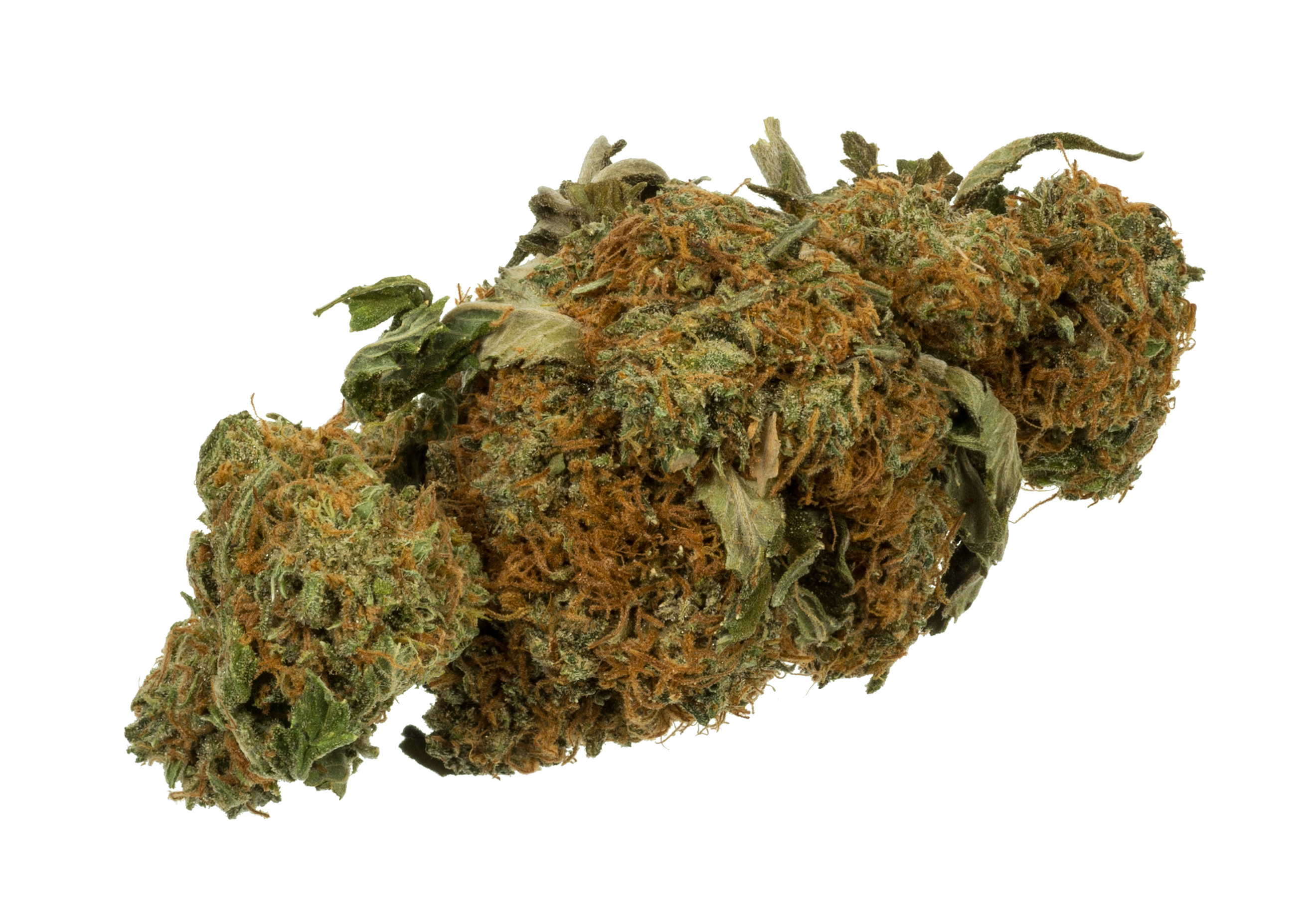One of the problems with “medical” marijuana, as noted by the FDA and others, is how inconsistent its potency can be from plant to plant.
Coloradoans are discovering this firsthand as they wade through the quagmire of what to do now that marijuana has been legalized outright in their state. By state law, marijuana products must carry a label describing how potent the drug content is. But as The Wall Street Journal notes, there are no state or industry standards to test marijuana:
The labels are intended to inform consumers on the nature of the product they are buying, not unlike alcohol-content labels on beer or wine. But current test results are haphazard, owners of medical-marijuana dispensaries complain, with the same marijuana receiving different marks depending on where it was analyzed.
Laboratory owners acknowledge results vary due to differing methodologies and advise growers not to compare ratings from different labs.
“The standard margin of error is like 25%,” said Evan Anderson, who has used several labs to test the medical marijuana he sells at his Boulder, Colo., dispensary, 14er Holistics. “That’s unacceptable in any kind of scientific setting.”
Of course marijuana’s potency has presented a huge obstacle for “medical” marijuana in other states. If a medicine’s potency cannot be measured accurately, how can it effectively be used as medicine?
Maybe that’s why so many prominent members of the medical community have refused to buy into the idea of “medical” marijuana.


